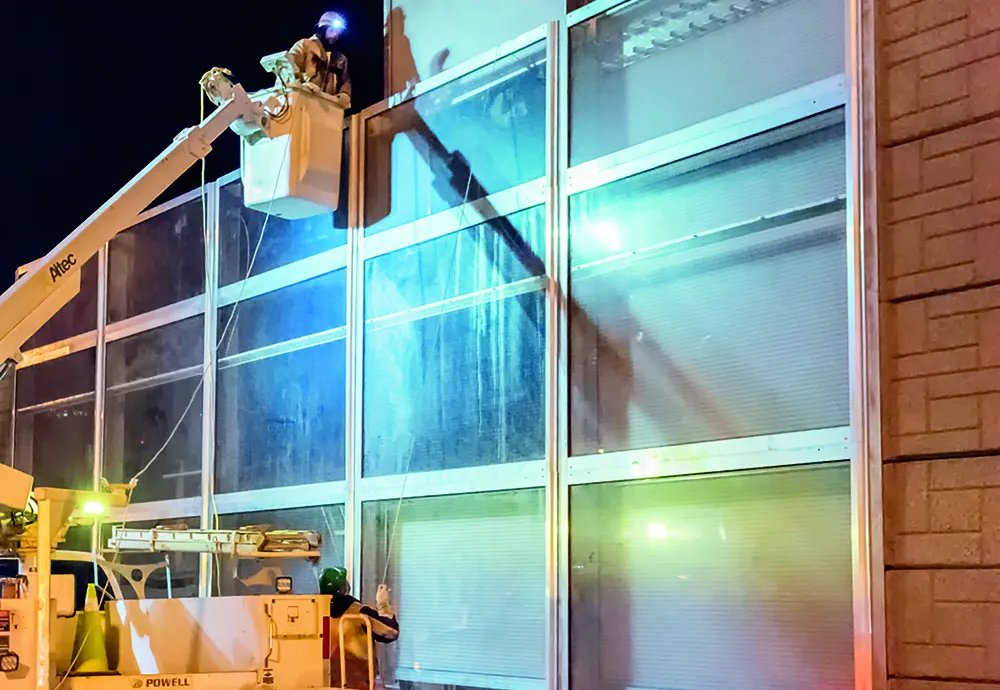Over 85% of road transport professionals at the Microlise Transport conference believe measures to improve air quality will have a negative financial impact on their businesses. The findings come from a poll of 1,200 delegates at the road transport event in Coventry, UK.
In addition, 92% think the needs of the transport industry are either not being considered, or only partially, in relation to the introduction of clean-air and low-emission zones.
Three-quarters of respondents believe the government is unfairly legislating against the transport industry, while 44% think running a transport operation is harder now than it was 12 months ago.
On the run-up to the end of Q3 2017, the road transport industry moved more than 150bn tonnes of goods – a 3% increase on the preceding 12 months. For the same period, vehicles travelled 1% fewer miles than a year earlier.
Half of the delegates said the biggest opportunity for the industry lay in the use of technology.
Two-thirds of participants said they already have alternative fuel vehicles in their fleet and 78% intend to trial alternatively-fuelled vehicles as they come to market. However, 65% of respondents believe diesel will still power more than half of their fleets by 2025.
Speaking on the topic of clean air zones, Richard Burnett, Road Haulage Association chief executive, says: “I have spent 30-plus years in this industry and have never known it to be surrounded by so many issues as it is today. But clean air isn't just about trucks - it affects everyone.”
Scott Gibbons from the National Counter-Terrorism Policing headquarters highlighted the importance of preventing heavy goods vehicles-related terrorism.
Two-thirds of respondents said they had not made any changes directly as a result of recent attacks while the remainder has no specific processes or policies relating to the issue.
UK transport operators raise concerns about financial impact of clean air policies
Over 85% of road transport professionals at the Microlise Transport conference believe measures to improve air quality will have a negative financial impact on their businesses. The findings come from a poll of 1,200 delegates at the road transport event in Coventry, UK. In addition, 92% think the needs of the transport industry are either not being considered, or only partially, in relation to the introduction of clean-air and low-emission zones. Three-quarters of respondents believe the government is
May 22, 2018
Read time: 2 mins








